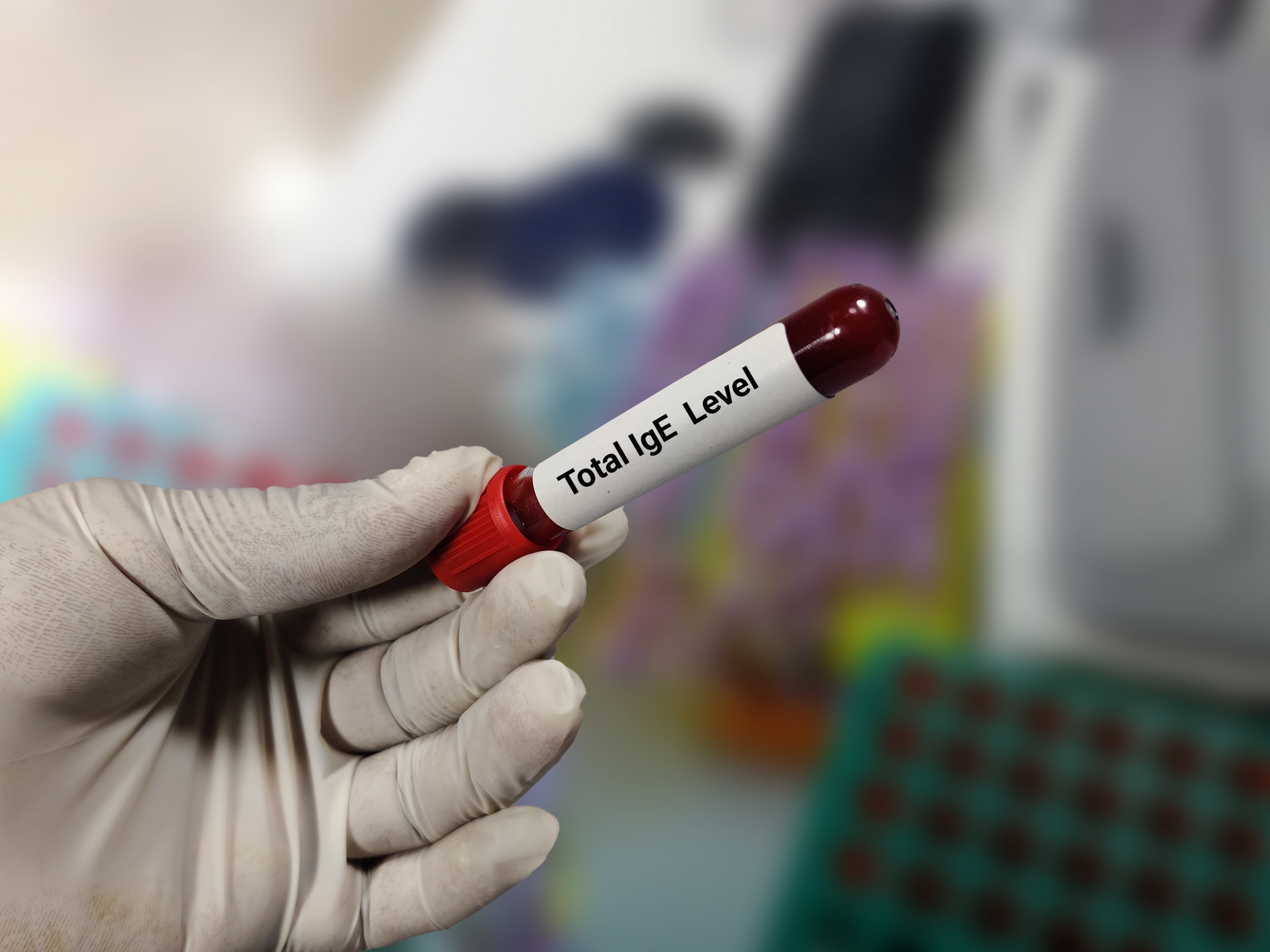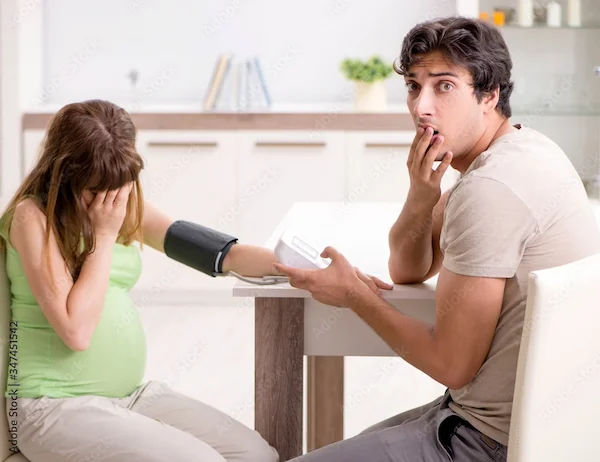- Male
- 20 Years
- 07/02/2025
I've been dealing with this brown mark on my skin after using garlic paste on a pimple, and it's been about 2 months now without any fading. Should I be worried, or is there something I can do to help it heal?
More Dermatology Health Queries
View allCan you tell me how to properly use BREvoxyl creamy wash? I'm a bit confused about whether I should use it before or after taking a bath.
Visit Dermatologist for evaluation and appropriate management
read more![Doctor 1]()
![Doctor 2]()
Answered by 1 Apollo Doctors
I'm a bit worried and curious if there's any truth to the idea that a handjob can lead to pimples on the face or body. Is this something I should be concerned about health-wise?
Thats unusual,visit General Physician for appropriate approach.and maintain balanced diet and healthy lifestyle
read more![Doctor 1]()
![Doctor 2]()
Answered by 1 Apollo Doctors
I've been using betamil cream for a long time, and I'm really worried because it seems like I've lost the first layer of skin on my face. Do you have any advice on how I can recover from this?
don't use any cream for long time
read more![Doctor 1]()
![Doctor 2]()
Answered by 1 Apollo Doctors
Disclaimer: Answers on Apollo 247 are not intended to replace your doctor advice. Always seek help of a professional doctor in case of an medical emergency or ailment.




